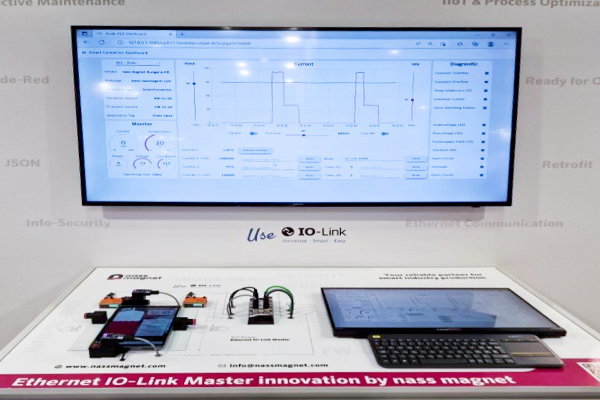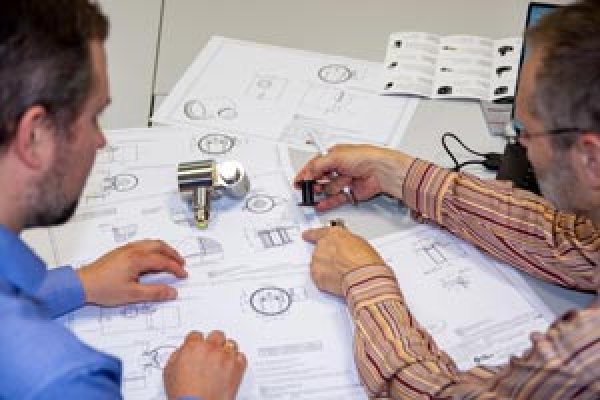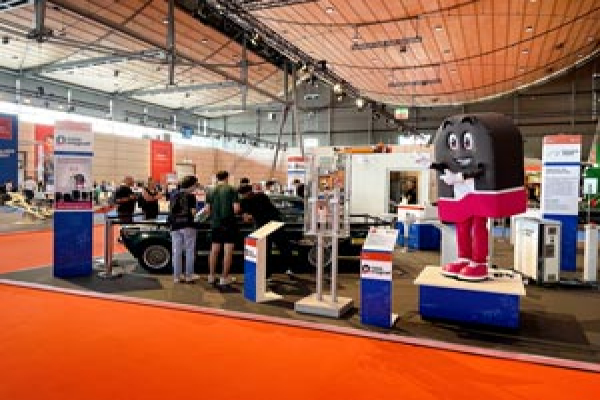Motivation is the fuel companies need if they are to impress their customers.
It drives us and gives us the power to achieve our goals. However, if we exhaust our motivation, the impetus to pursue our original aim also disappears – and many companies have been stuck in such a rut for a long time now.
According to current figures from the Gallup Institute, one of the leading market research and opinion polling organisations, based in Washington D.C., just 16% of employees in Germany are highly motivated, 68% do the job according to its description and the remaining 16% mentally resigned a long time ago. But what are the reasons behind this problem of low motivation?
Studies have shown that the main reason is low emotional investment in a company on the part of the workforce. Why is this the case? A number of surveys have found that the number one factor that kills motivation is a manager‘s leadership style.
Demotivated staff primarily criticise a lack of praise and recognition, and frequently indicate that they have to fill a position that does not suit them.
And this has dire consequences, because how could a team in such circumstances be in a position to impress their customers, whether internal or external? This means that solutions and tools are required both for re-motivating staff who have lost their motivation, and for preserving the high motivation that new staff often arrive with as a matter of course.
Management still frequently makes the assumption that generous financial remuneration is enough to motivate people, but this is a short-sighted view to take.
Researchers into motivation have long known that how much we are paid has only a limited impact on performance.
Of course, a workforce must be able to finance decent lives for themselves as a result of the work they do, but this fact alone cannot provide sufficient motivation to go that little bit further every day the factor that gives us our crucial competitive edge.
How can we improve matters?
Recognition, individual responsibility, creative opportunities and a consciously promoted sense of belonging provide the best guarantee for motivated staff.
People who feel that they are valued and needed will always give their all to drive their team forward, even when the workload is high. Security, remuneration, working conditions all of these are known as hygiene factors, which can certainly satisfy but never motivate in the long term.
Motivated staff who are enthusiastic in their work need more than this: Namely success, recognition, responsibility and a tangible sense of progress.
Below we list a few factors that are essential for motivation:
Restrictive monitoring must be abolished and responsibilities must be upheld. Individual responsibility for their own work must be expanded and staff should be assigned a complete and coherent unit of work. The workforce needs greater authority and greater independence. Challenging new tasks should be introduced that were not previously part of their remit. Individual staff must be given specialised tasks so that they can grow into experts.
In short, employees want responsible, demanding tasks to be conferred on them and then to be permitted to take care of these tasks without constant supervision or having their hands tied.
The question remains whether the carrot or the stick is better at providing motivation. My answer one that coincides with numerous scientific studies is really quite unequivocal: Well-judged application of the carrot.
Rigid specifications, constant supervision and frequent criticism do not create a motivational working environment.
Nobody will be able to develop their skills to their full potential in these circumstances. If employees are only driven by their fear of the consequences of failure, they can never provide outstanding performance.
The guiding principle that „everybody must be replaceable“ may be true from a strictly rational perspective and even appear sensible when qualified, but it should always be avoided on the personal level.
The feeling that they personally are valued and needed must be fostered in every employee. This is the only way to ensure that everybody identifies with the company and feels like an indispensable part of it.
So in theory, everything is actually clear, everything is quite simple.
But just as there are different characters among managers, there are also different characters among employees, and these in turn are in very different life situations. In each individual case, it must be checked anew which approach and which specific motivational factors are the right ones in each case.
The nass magnet GmbH is already well on track in this regard.
Our Board of Management has recognised which way the wind is blowing and have readily accepted the role they have to play. Sometimes progress is faster and sometimes it takes a bit longer, but we are happy to move with the times.
Besides the motivation provided by management, nowadays we offer our employees a broad range of additional, motivational benefits, services and individual arrangements, such as flexible working hours, our collaboration with Hansefit, JobCards, working from home, highly flexible maternity and paternity leave arrangements and the „JobRad“ bicycle leasing programme, to which we gave the go-ahead in April of this year.
Stay motivated!
Andreas Gelking
Head of HR, nass magnet GmbH














